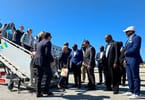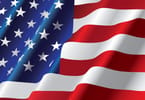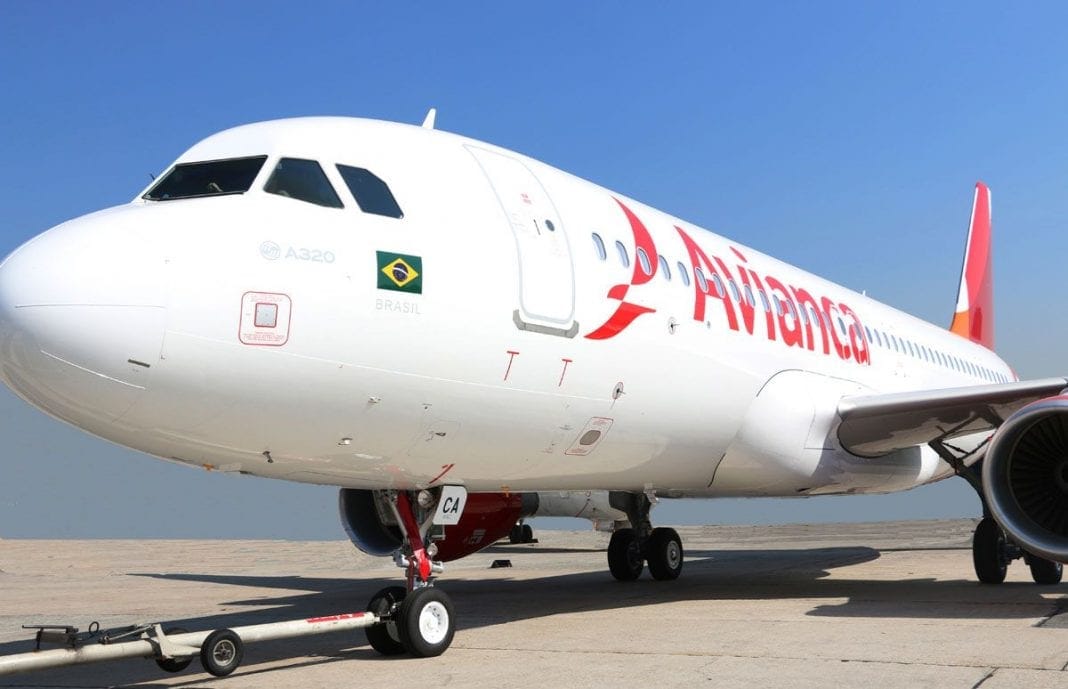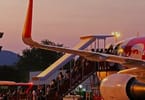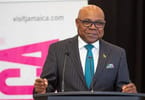On April 9, 2014, in a scene right out of NetFlixs House of Cards, the Orwellian-titled and airline industry authored Transparent Airfares Act of 2014 (H.R. 4156) was passed out of Committee after just 9 minutes of discussion and without any hearings, debate or opportunity for consumer or travel industry stakeholders to inform Congress of their views of the anti-consumer consequences of this bill. H.R. 4156 is in fact profoundly anti-consumer. It would allow airlines to return to their old and deceptive practice of advertising low come-on airfares from which they had stripped out the federal transportation taxes and fees that travelers simply must pay an abusive tactic the U.S. DOT felt compelled to stop in 2011 in order to protect consumers from being misled.
After steamrollering the bill through Committee, and endeavoring to escape the full light of day and appropriate deliberation, airlines now seek to subvert the suspension calendar procedure. This is not the type of unobjectionable proposal — like the naming of a federal building that procedure is designed for, but rather, it is harmful and controversial special-interest legislation. There is not one consumer or business travel group that supports this bill.
However, as with Kevin Spaceys character Frank Underwood, there is always more than meets the eye when it comes to special interests and Congress and their grand bargains and schemes for corporate and personal political gain at the expense of everyday consumers. The fact is H.R. 4156 is not just about undermining a U.S. DOT consumer protection rule. That bill would appear to be merely a first step in a new, audacious and longer-term airline strategy to game-the-system and choke off competition for their own benefit.
Now that the U.S. airline industry has reduced to 3 mega network carriers, heavily invested in global joint ventures and immunized alliances, the most pernicious effects of such radical consolidation may not be limited to the already problematic loss of service to mid-size communities, higher airfares and fees or less concern for customers.
Airlines would appear emboldened to reduce transparency, undermine DOTs consumer-protection and Open Skies authorities and erect a virtual fence around the U.S. to frustrate new entry by foreign carriers, keeping an airtight lid on capacity. This represents a post-consolidation epic battle pitting the forces of commercial protectionism against the proponents of open and free markets.
Indeed, airlines enhanced monopoly and monopsony power can be leveraged not only in the traditional sense and practice against consumers, suppliers and other market participants, but rather, against their regulator, the U.S. DOT.
Examples of such efforts include:
drafting H.R. 4156 to reduce fare transparence and undermine DOTs consumer protection authority;
blocking Norwegian Air Internationals application to serve U.S. cities by seeking to intimidate DOT and going to Congress to block foreign carrier new entry;
frustrating new services Middle Eastern carriers want to offer by restricting open and efficient access to U.S. markets;
defunding the Export – Import Bank of the United States to keep modern Boeing planes out of the hands of foreign carriers that would introduce new, price-competitive services to the U.S.; and
preventing an increase in Passenger Facility Charges that would support airlines agenda but continue to widen the gap between often antiquated and inadequate U.S. airports and world-class foreign ones.
There is little doubt that if airlines succeed in these efforts, their sights will be then trained on overturning DOTs 3-hour tarmac delay rule and additional past and proposed consumer protections that DOT has or will likely implement in the marketplace. Next up on the airline target list could be all manner of other government policies airlines view as not in their interests but which are vitally important to consumers and all other participants in the travel supply chain.
At a time of such massive consolidation of the U.S. airline industry, we need a stronger DOT to guard against airline abuses, not a weaker one. We need Congress to work for AND not against competition, the consumer and the modernization and return of U.S. airports to competitive world-class status. Over the long term, open and free markets increase competition, create efficiencies, encourage innovation, expand markets, increase sales and satisfy customers. These are the right public-policy outcomes.
The fictitious Frank Underwood is able to advance his agenda on Capital Hill through lies and manipulation because his opponents cannot perceive his ambitions and strategy and endeavor to resist his entreaties tactically. This is the real strategic and historic risk with H.R. 4156. It must be stopped, as it represents a serious threat and all that consumers detest about Washington and the influence of special interests. However, consumer-minded Members of Congress must awaken to the larger and darker airline strategy to undermine consumer protections, competition policy and the vibrancy of a marketplace vital to Americas economic and social interests.
At http://btc.travel find relevant foundational documents, analyses and industry statements representing all views on H.R. 4156 as well as press editorials and stories.
WHAT TO TAKE AWAY FROM THIS ARTICLE:
- airline industry has reduced to 3 mega network carriers, heavily invested in global joint ventures and immunized alliances, the most pernicious effects of such radical consolidation may not be limited to the already problematic loss of service to mid-size communities, higher airfares and fees or less concern for customers.
- However, as with Kevin Spaceys character Frank Underwood, there is always more than meets the eye when it comes to special interests and Congress and their grand bargains and schemes for corporate and personal political gain at the expense of everyday consumers.
- Next up on the airline target list could be all manner of other government policies airlines view as not in their interests but which are vitally important to consumers and all other participants in the travel supply chain.









